
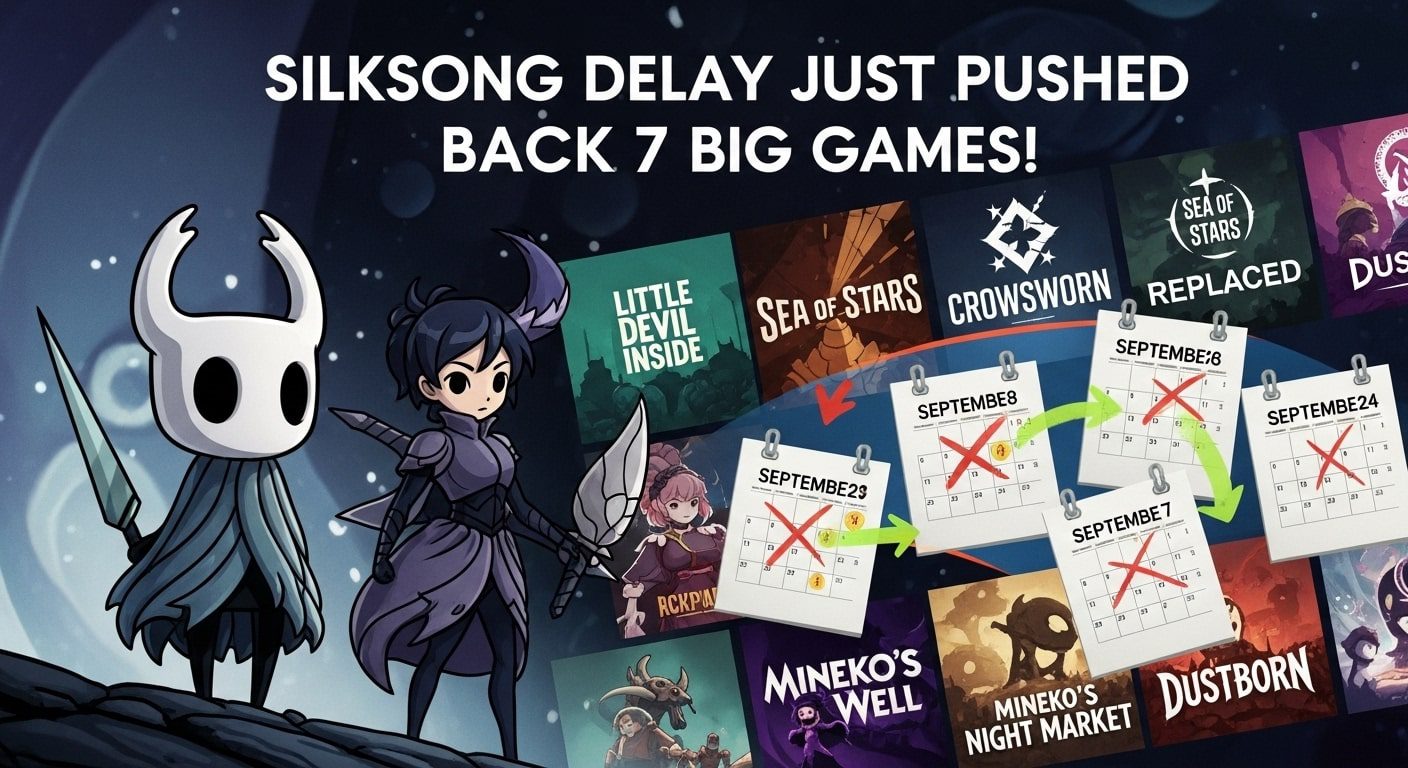
How many games have been delayed by Hollow Knight: Silksong? At least seven indie games have officially delayed their release dates within just five days of Team Cherry’s official announcement that Silksong will launch on September 4, 2025, creating an unprecedented ripple effect in the indie gaming market.
Throughout my years covering the gaming industry, I’ve never witnessed such a rapid cascade of strategic delays. When Team Cherry finally revealed the September 4, 2025 release date, it triggered shockwaves throughout the indie development community that continue to reverberate. What we’re observing transcends simple scheduling conflicts it represents indie developers making shrewd business decisions to avoid being completely eclipsed by what has essentially become the most anticipated metroidvania title in gaming history.
| Delayed Game | Original Date | New Release Date | Days Delayed |
|---|---|---|---|
| Aeterna Lucis | September 2025 | 2026 | ~120+ days |
| Baby Steps | September 2025 | September 23, 2025 | 19 days |
| CloverPit | September 2025 | September 26, 2025 | 22 days |
| Demonschool | September 13, 2025 | November 19, 2025 | 67 days |
| Faeland | September 9, 2025 | TBD | Indefinite |
| Little Witch in the Woods | September 2025 | September 15, 2025 | 11 days |
| Megabonk | September 2025 | September 18, 2025 | 14 days |
What makes this phenomenon absolutely captivating from an industry perspective:
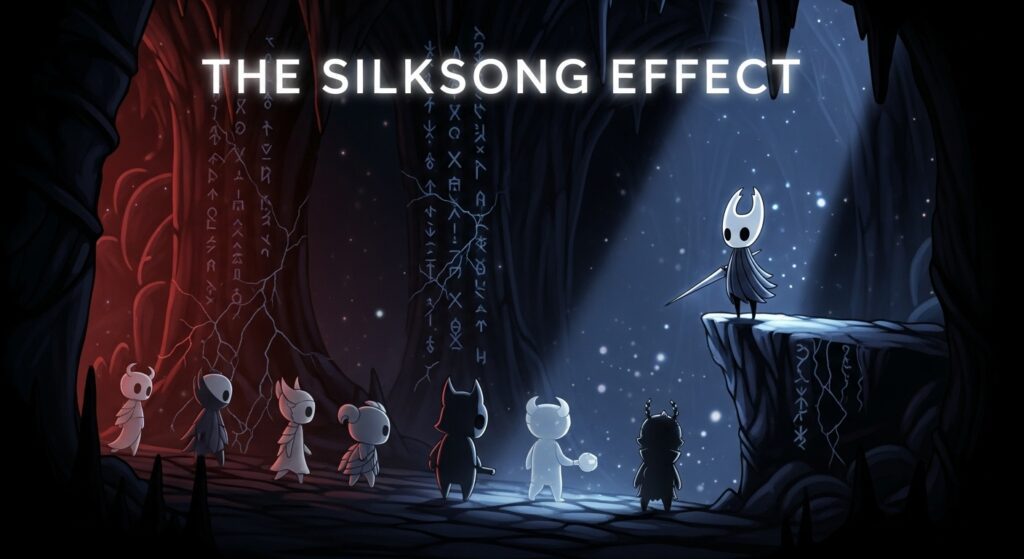
I’ve been tracking Silksong’s remarkable impact on indie developers since the announcement, and what strikes me most profoundly is the refreshing candor from affected developers. The creator of Stomp brilliantly encapsulated the prevailing sentiment with their vivid metaphor: “I feel like a little krill trying not to get eaten by a blue whale.” This isn’t mere exaggeration it’s the stark reality of launching alongside a title boasting over 5.2 million Steam wishlists.
We’re witnessing a phenomenon I would typically associate with blockbuster releases like Grand Theft Auto or The Elder Scrolls, not an indie metroidvania sequel. Yet here we stand in 2025, observing indie developers frantically reorganizing their meticulously planned launches because Team Cherry detonated what essentially amounts to a marketing nuclear device on the September release calendar with merely two weeks’ advance notice.

Aeterna Lucis claims the distinction for the most dramatic postponement, pushing their launch entirely into 2026. Initially, I considered this an overreaction. However, after examining the underlying market dynamics more thoroughly, I completely comprehend their strategic decision. Launching a metroidvania adjacent indie title during the same period as Silksong would be equivalent to opening an independent pizzeria adjacent to the world’s most celebrated pizza establishment on their grand opening you simply won’t capture the customer attention your product deserves.
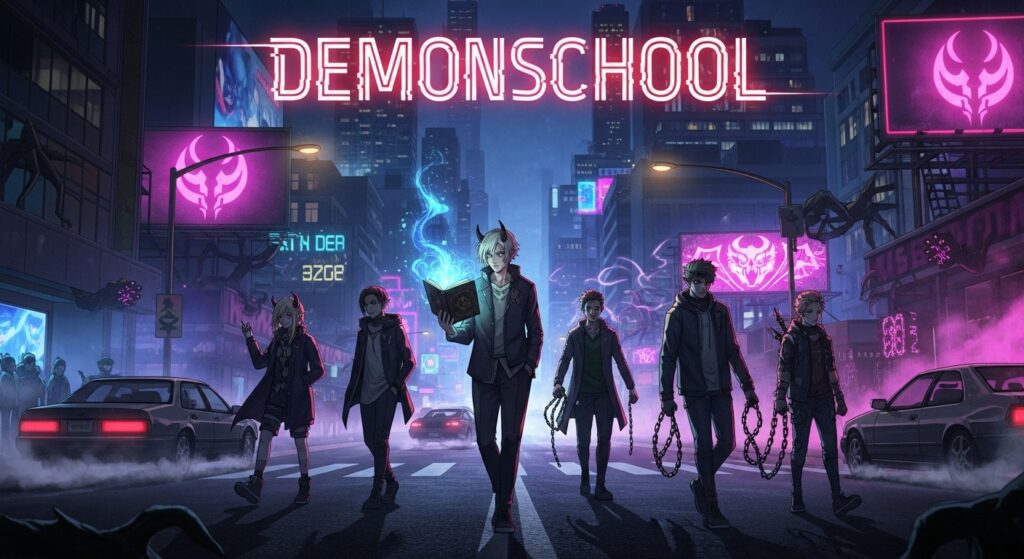
The Demonschool development team crafted perhaps the most memorable commentary on this entire situation, dubbing Silksong “the GTA of indie games but with 2 weeks notice.” Originally slated for September 13, merely nine days following Silksong’s release, they’ve relocated their tactical RPG all the way to November 19. That represents a substantial 67 day postponement, and frankly, I believe it represents the most intelligent decision they could have made.
Throughout my experience covering game launches, the two week radius surrounding a major release creates absolutely devastating conditions for visibility. Gaming journalism, content creators, streaming platforms, and the entire media ecosystem will be entirely consumed with Silksong coverage. Demonschool merits its own spotlight moment, and November provides them the necessary breathing space to craft their own compelling narrative.
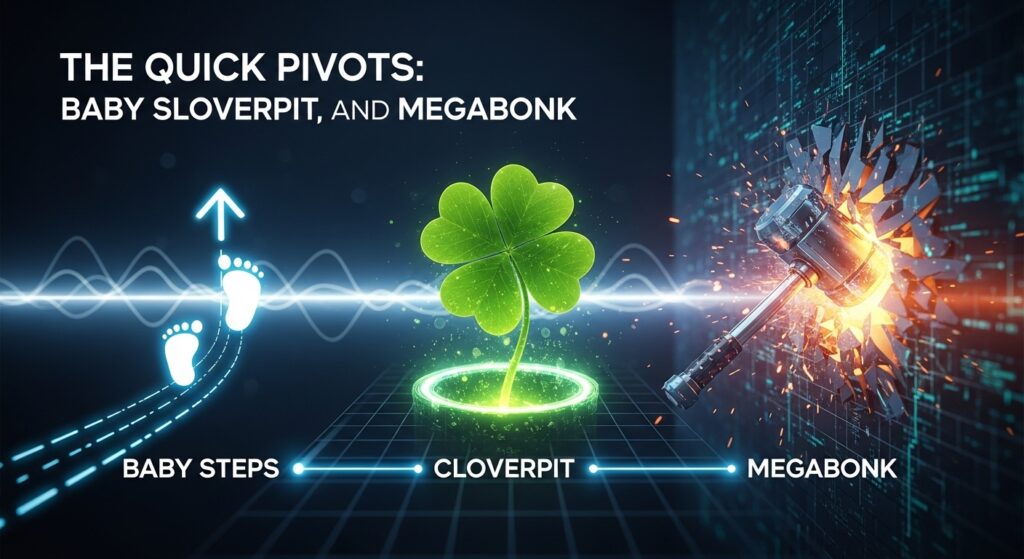
What truly impresses me about Baby Steps, CloverPit, and Megabonk is their remarkably swift response coordination. These developers rapidly evaluated the competitive landscape and immediately adjusted their releases by precisely enough margin to avoid the initial Silksong avalanche. Baby Steps relocated to September 23, CloverPit shifted to September 26, and Megabonk moved to September 18. These precisely calculated delays of 14-22 days demonstrate sophisticated strategic thinking they’re wagering that the initial Silksong enthusiasm will have moderated slightly by then, providing them an opportunity to secure meaningful attention.
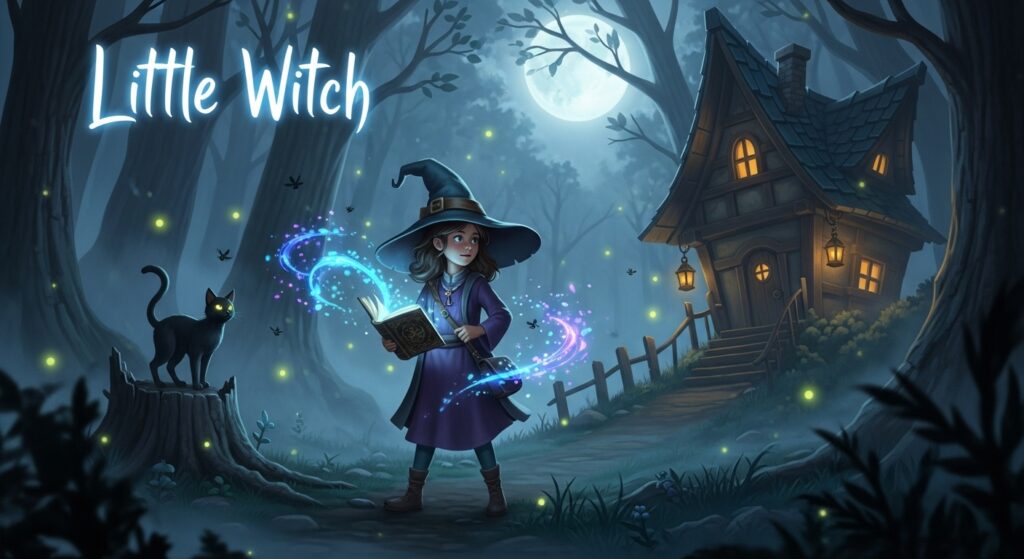
Little Witch in the Woods executed what I consider the most audacious maneuver, delaying merely to September 15 just 11 days following Silksong’s launch. This charming life simulation experience is gambling on appealing to a distinctly different demographic segment. It’s a calculated gamble that I genuinely believe might prove successful. While dedicated metroidvania enthusiasts will be thoroughly immersed in Hallownest’s sequel, the cozy gaming community might seek something more relaxed. It represents the gaming equivalent of counter programming in television broadcasting.
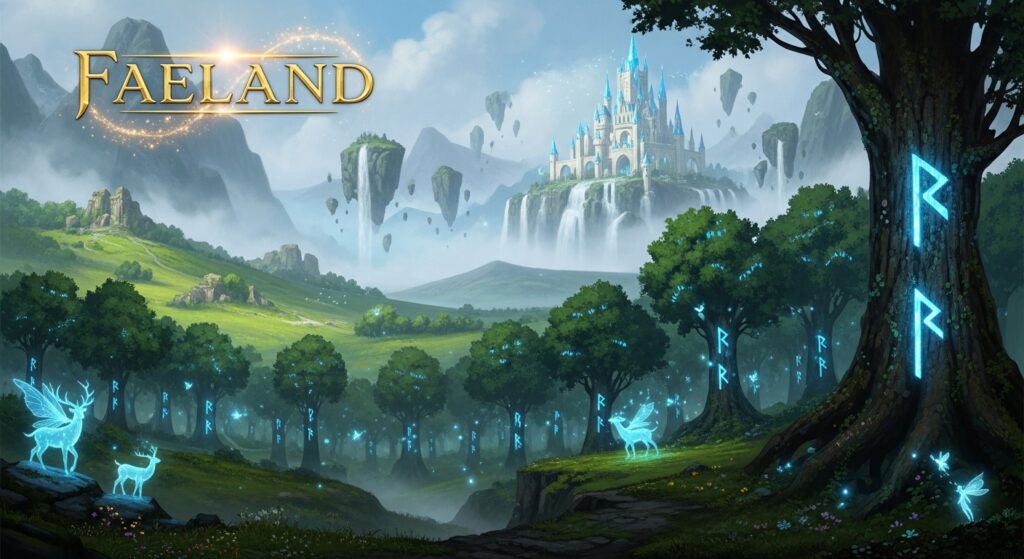
Faeland’s choice to postpone indefinitely from their September 9 date indicates they’re investing time to completely reassess their launch methodology. Initially positioned just five days after Silksong, they would have been entirely overwhelmed. The indefinite postponement suggests they’re not merely seeking a new date but potentially reconsidering their complete marketing strategy.
I’ve reported on countless game delays throughout my career, but this scenario is genuinely without precedent. We’re not discussing games postponing due to development complications or quality concerns these are completed or near completion titles making purely strategic business calculations. It demonstrates how remarkably sophisticated indie developers have become regarding market positioning.
The reality that Hollow Knight: Silksong, an independent game from a three person Australian studio, can generate this magnitude of market disruption is absolutely extraordinary. Reflecting on my experience playing the original Hollow Knight in 2017, I never anticipated its sequel would command this level of industry influence. Yet here we stand, witnessing it demand the same reverence and strategic avoidance typically reserved for Rockstar or Nintendo releases.
Through my conversations with indie developers over the years, I understand that postponing a game transcends simply selecting a new date. There are genuine financial ramifications: marketing campaigns require rescheduling, promotional materials need updating, and occasionally, publishing agreements must be renegotiated. These seven developers are absorbing substantial costs to escape the Silksong shadow, which speaks volumes about their belief that launching simultaneously would devastate their sales.
Consider this reality: most indie games generate the majority of their revenue during the initial weeks following launch. If your title becomes buried beneath Silksong coverage, you might never regain that lost momentum. The calculation these developers are executing is straightforward better to invest in delay expenses than risk a catastrophic launch.
What has fascinated me most about this entire situation is the gaming community’s reaction. Across Reddit, Twitter, and Discord, I’m observing overwhelming support for these delays. Gamers comprehend the business reality and are actually commending developers for their transparency. This represents a significant departure from the typical frustration that accompanies game postponements.
I believe this positive response stems from two factors. First, the developers have been exceptionally honest about their reasoning they’re not concealing behind vague “polish” justifications. Second, the gaming community recognizes the David versus Goliath nature of the situation. We’re collectively supporting these indie games to succeed, and if that requires waiting several additional weeks or months, most gamers appear willing to exercise patience.
Throughout my years covering gaming, I’ve observed similar phenomena but never at this scale or velocity. When Cyberpunk 2077 announced its (initial) release date, several games adjusted their schedules, but that occurred over months, not days. The Elden Ring effect was comparable games avoided its February 2022 launch window, but again, developers had months to strategize around it.
What makes the Silksong situation unique is the compressed timeline. Team Cherry announced the date on August 27, 2025, providing other developers less than two weeks to respond. The fact that seven games managed to pivot this rapidly demonstrates just how agile modern indie developers have become.
I believe we’re witnessing a pivotal moment in indie game marketing. The Silksong delays are educating the entire industry about market positioning and the influence of highly anticipated titles. Moving forward, I anticipate more strategic scheduling from indie developers, with increased attention devoted to avoiding not just AAA releases but also indie powerhouses.
For gamers like myself, this entire situation evokes mixed emotions. On one hand, I’m thrilled that Hollow Knight Silksong is finally receiving its moment after six years of development. On the other hand, I empathize with these indie developers whose carefully orchestrated plans have been disrupted. The September 2025 release calendar, which was developing into an incredible month for indie games, has now been scattered across the remainder of the year.
There’s actually a potential advantage for these postponed games that I haven’t seen many people addressing. By avoiding the Silksong launch window, they’re potentially positioning themselves for superior long term success. Games launching in October and November will benefit from holiday shopping seasons. Those pushing into 2026 will have a less congested calendar to navigate.
Moreover, the transparency these developers have demonstrated has generated its own form of marketing. I’ve witnessed more coverage of games like Demonschool and Baby Steps in the past week than in the previous month. The delay announcements have paradoxically increased awareness of these titles.
One aspect that’s been occupying my thoughts is what this means for Team Cherry themselves. They’ve remained characteristically silent about the entire situation, but I must imagine they’re aware of the disruption they’ve caused. It places them in an intriguing position they’ve achieved the kind of market influence typically reserved for major publishers, yet they remain a tiny independent studio.
I don’t believe Team Cherry owes anyone an apology or explanation they have every right to announce their game whenever they choose. However, I do wonder if this situation might influence how major indie releases are announced in the future. Perhaps we’ll witness a trend toward longer lead times for announcements, providing the ecosystem more time to adjust.
Why are so many games afraid to launch near Hollow Knight: Silksong?
Based on my experience covering game launches, the concern is entirely justified. Silksong has over 5.2 million wishlists on Steam alone, making it the most wishlisted game on the platform. When it launches, it will dominate gaming media coverage, streaming platforms, and social media conversations. Smaller indie games would struggle to achieve any visibility in that environment, potentially devastating their commercial prospects.
Will more games delay because of Silksong?
I wouldn’t be surprised to see a few additional delays announced in the coming days. Any indie game currently scheduled for early September 2025 is likely having serious discussions about their release date. However, I believe the initial wave of seven delays represents the majority of affected titles. Games launching in mid to late September probably feel sufficiently secure with their current dates.
Is this delay situation unique to Hollow Knight: Silksong?
While major games have caused scheduling shifts previously, the speed and scale of the Silksong effect is unprecedented in the indie space. I’ve witnessed AAA games cause similar disruptions, but never an indie title wielding this kind of market power. It’s a testament to how beloved the original Hollow Knight was and how much anticipation has accumulated over six years of development.
Could Team Cherry have handled the announcement differently?
This is a challenging question that I’ve been contemplating. On one hand, Team Cherry has been notoriously reserved about Silksong’s development, and fans have been desperately seeking any information. The surprise announcement generated massive excitement. On the other hand, a longer lead time would have provided other developers more manoeuvring room. Ultimately, I don’t think there’s a “correct” answer here Team Cherry executed what worked for them.
Will the delayed games actually benefit from moving their dates?
In my opinion, absolutely yes. While delays are never ideal, avoiding the Silksong tsunami represents a smart business decision. These games will have superior opportunities to build awareness, secure media coverage, and capture player attention in their new release windows. The short term inconvenience of delaying will likely result in long term benefits.
As I reflect on this unprecedented situation, I can’t help but feel we’re witnessing a defining moment in indie gaming history. The fact that Hollow Knight: Silksong can cause seven games to delay within five days of its announcement is both remarkable and slightly concerning. It demonstrates how a single title can dominate the market conversation, but it also highlights the precarious position many indie developers find themselves navigating.
For those of us who cherish indie games, this situation presents a unique challenge. We want to support all these creative developers, but there are only so many hours in a day and dollars in our wallets. The September 2025 bloodbath that’s been avoided would have forced players to make difficult choices about which games to purchase and play. By spreading out, these titles are providing us the opportunity to properly appreciate each one.
I’ll be monitoring with great interest to see how these delayed games perform in their new release windows. Will the strategic delays prove worthwhile? Will Silksong live up to its massive expectations? Only time will reveal the answers, but one thing’s certain 2025 will be remembered as the year when a single indie game caused an entire market to reorganize itself.
For now, I’m adding all these delayed games to my wishlist. They’ve earned my attention through their transparency and strategic thinking. And come September 4, 2025, like millions of other gamers, I’ll be diving into Silksong. But I won’t forget about the little krill swimming alongside the blue whale they deserve their moment too, just perhaps not in the same waters.

